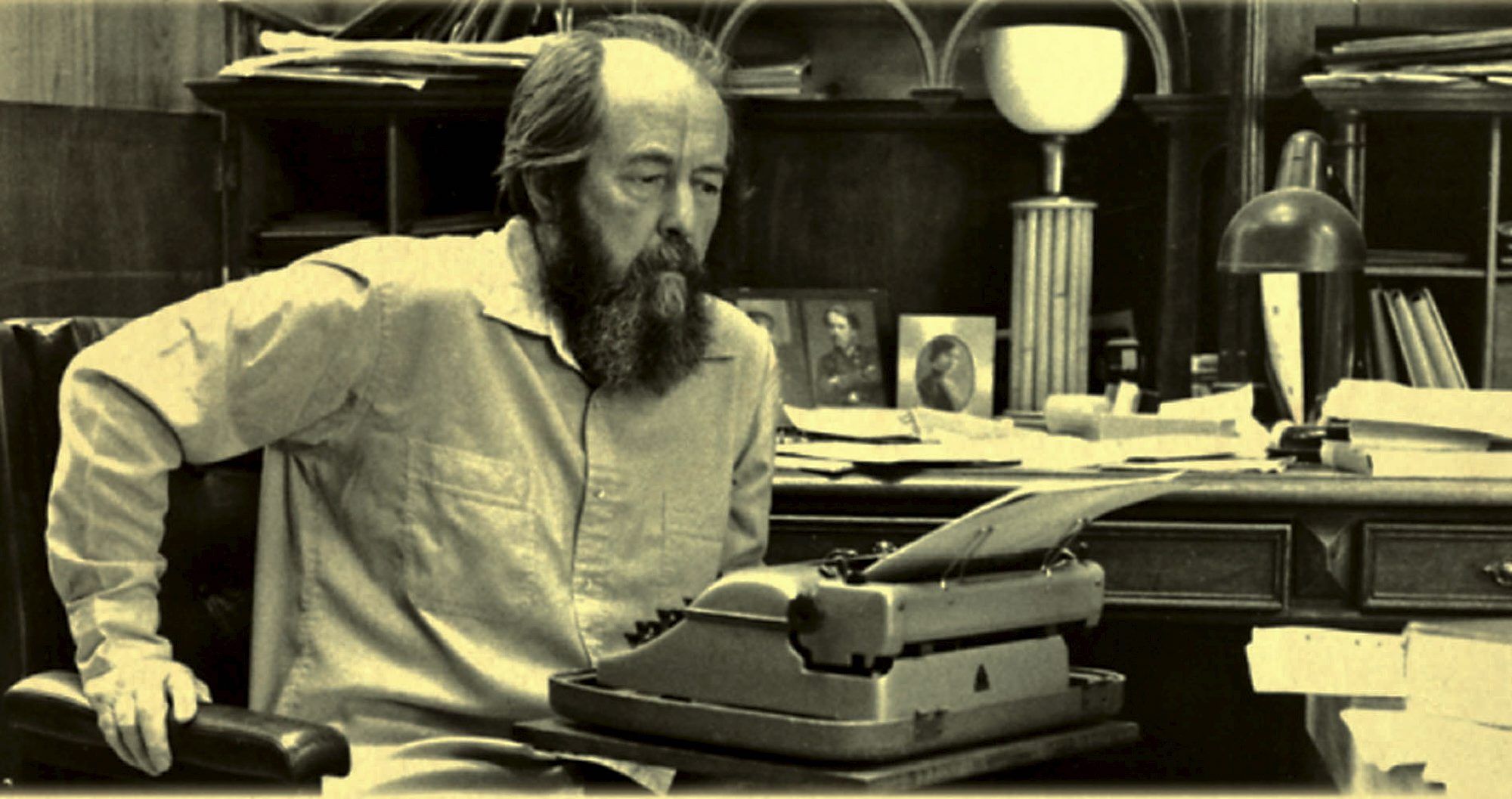Who is Aleksandr Solzhenitsyn, the Nobel Prize-winning Russian novelist who criticized the Soviet Union the most?
He participated in the Second World War in 1942 with the rank of captain. However, when he criticized Stalin in the letters he wrote while at the front, he was arrested and sentenced to eight years in a penal camp.

He received his university degree in 1942. He served in the Soviet army for four years between 1939 and 1945. He participated in the Second World War in 1942 with the rank of captain. However, when he criticized Stalin in the letters he wrote while at the front, he was arrested and sentenced to eight years in a penal camp.
He claimed that the Soviet Union finding a way to compromise with Hitler could prevent the war, so Stalin was more responsible than Hitler for the destruction the Soviet people suffered due to the war.
Aleksandr Isayevich Solzhenitsyn (11 December 1918 – 3 August 2008) was a Russian writer and prominent Soviet dissident who helped to raise global awareness of political repression in the Soviet Union, especially the Gulag prison system.
After the war ended, Solzhenitsyn was imprisoned in a prison near Moscow. In 1950, he was sent to a special camp for political prisoners in Ekibastus, Kazakhstan, and stayed there for three years. In the following years, he was exiled because he was declared persona non grata.
The author, who started teaching in the Kok Terek village of Kazakhstan, contracted cancer during this period and was treated in Tashkent for a while. He was allowed to work in Ryasan as his rights were restored within the framework of the operations to eliminate Stalin's influences initiated by the new party chief Nikita Khrushchev.
In 1962 he published his novel "One Day in the Life of Ivan Denisovich". Following the success of this story, Solzhenitsyn devoted himself entirely to writing, won the appreciation of Khrushchyov with this anti-Stalin work about forced labor, and was accepted into the Union of Soviet Writers a year later.
However, he became the party's target again with his stories "Matryonin dvor" and "Dlya polzı dela". In 1966, the writer was banned from leaving the country, and three years later he was expelled from the Writers' Union.
Solzhenitsyn's book about labor camps, Gulag Archipelago, was published in capitalist countries and became one of the elements of anti-Soviet propaganda. The author received the 1970 Nobel Prize in Literature four years later. It was claimed that this award was given to him for political reasons.
In 1974, the Soviet government revoked Solzhenitsyn's citizenship and deported him. After staying in Switzerland for two years, he settled in the United States in 1976. During this period, Solzhenitsyn supported the American intervention in Vietnam and claimed that American prisoners were enslaved in Vietnam.
He argued that America should intervene in the 1974 Portuguese Revolution. He criticized American writers who wrote about the peace between the United States and the Soviet Union. He was admitted to the Writers' Union again in 1989. Mikhail Gorbachev, who was in power at that time, initiated efforts to restore the author's citizenship rights and officially lifted the decision regarding his exile in 1991.
The author, who returned to Russia in 1994, criticized Russia's transition to democracy, which in his opinion was full of mistakes, in his speech in front of the parliament. He died of heart failure on August 3, 2008, at his father's house in Moscow.
